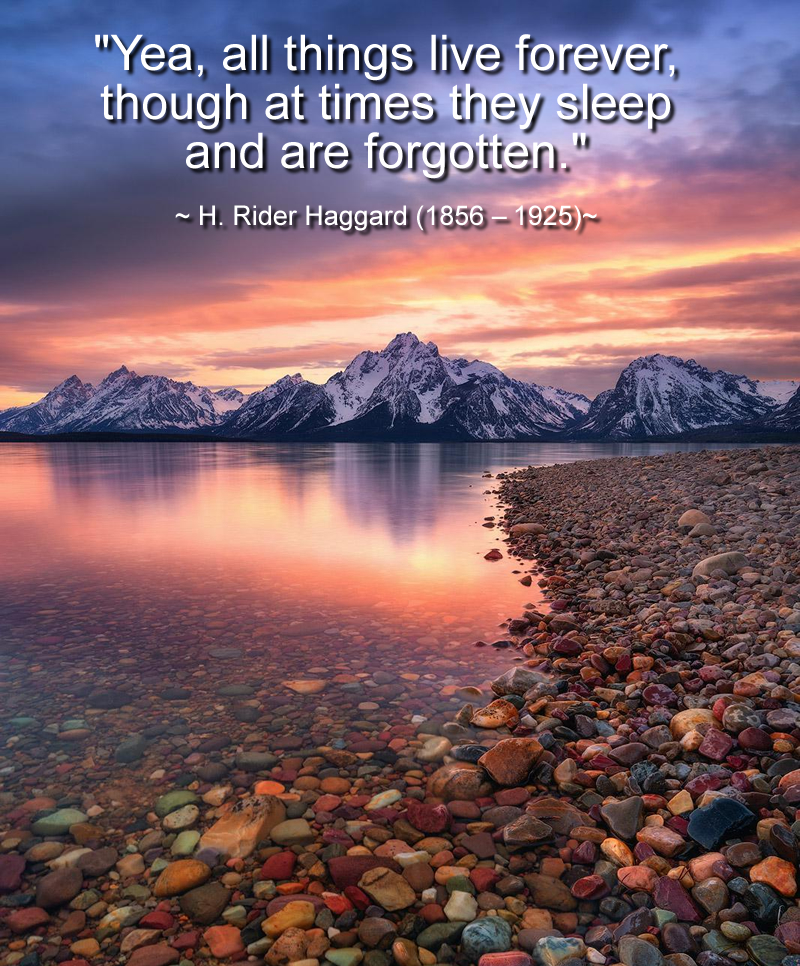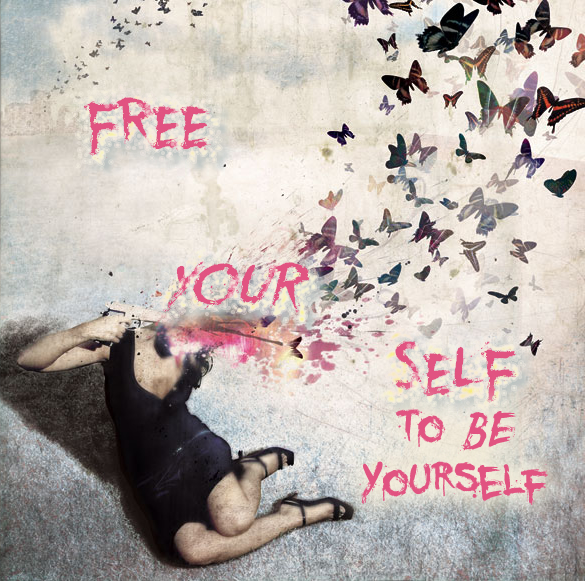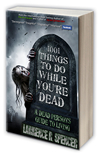Republished by Blog Post Promoter
If corporations have the rights of “people”, and people can be psychopaths, then corporations can be psychopathic people and should be treated as such.
Books I read & recommend
Republished by Blog Post Promoter
If corporations have the rights of “people”, and people can be psychopaths, then corporations can be psychopathic people and should be treated as such.
Republished by Blog Post Promoter
Are you a writer of novels? Do you sometimes run out of ideas for a new book or film concept? (Hollywood script writers take note….) Then you’ve stumbled on the right Blog! Here is an unabridged, alphabetical list of books that have been alluded to in novels by published writers, but have never actually been written. You don’t even have to worry about copyright infringement! Feel free to steal and plagiarize at will!
HERE ARE A SAMPLE OF TITLES CREATED BY REAL AUTHORS WHO INVENTED THEM AS A PART OF THEIR STORY:
(CLICK HERE TO READ THE ENTIRE LIST)
BAINBRIDGE, Mary: Winter Swan
—from Lisa Goldstein’s “Reader’s Guide”
BANDINI, Arturo: “The Little Dog Laughed,” “The Long Lost Hills,” untitled novel (“the story of Vera Rivkin”)
—from John Fante’s Ask the Dust
BANE, Joseph Cameron:
Cabot’s House
Lips That Could Kiss
Ruthpen Hallburton
The Wind at Morning
“others, others”—from Lawrence Block’s “With a Smile for the Ending,” in Enough Rope
BANION, Gerry: Sageknights of Darkhorn
—from Steve Hely’s How I Became a Famous Novelist
BARBECUE-SMITH, Mr.: Pipe-Lines to the Infinite
—from Aldous Huxley’s Crome Yellow
BARR, Frank Walker:
Mythos and Tyrannos
Time’s Body—from John Crowley‘s Aegypt cycle
BARTH, Septon: Dragons, Wyrms, and Wyvern: Their Unnatural History
—from George R. R. Martin’s A Dance with Dragons
BASSETT, Clarence: The Bassett Family
—from Ross Macdonald’s The Barbarous Coast
BEAMISH, Alan: A Pox on the Box: Memoirs of a Disillusioned Broadcaster (Cape, 1993)
—from Jonathan Coe’s The Winshaw Legacy
BELZNER, Zalman: Beyond the Pale, Yeshiva Bokher
—from Joseph Epstein’s “Beyond the Pale”
BENDRIX, Maurice:
The Ambitious Host
The Crowned Image
The Grave on the Water-Front—from Graham Greene’s The End of the Affair
BIEDELMAN, Roz: Trampled Ivy
—from Heidi Julavits’s The Uses of Enchantment
Republished by Blog Post Promoter
 Sir Henry Rider Haggard (22 June 1856 – 14 May 1925) was an English writer of adventure fiction set in exotic locations, predominantly Africa, and a pioneer of the lost world literary genre
Sir Henry Rider Haggard (22 June 1856 – 14 May 1925) was an English writer of adventure fiction set in exotic locations, predominantly Africa, and a pioneer of the lost world literary genre
| Occupation | Novelist, scholar |
|---|---|
| Nationality | British |
| Period | 19th & 20th century |
| Genre | Adventure, fantasy, fables, romance, sci-fi, historical |
| Subject | Africa |
| Notable works | King Solomon’s Mines, Allan Quatermain series, She: A History of Adventure |
Republished by Blog Post Promoter
Republished by Blog Post Promoter
 1001_Things_To_Do_While_You’re_Dead — An INTERVIEW with Lawrence R. Spencer
1001_Things_To_Do_While_You’re_Dead — An INTERVIEW with Lawrence R. Spencer
BE YOURSELF FOR A CHANGE.
“Relax. As a disembodied spirit you don’t have to hang around with people any more so you don’t have to try to impress anyone. In human society you are usually expected to look good, smell good, be good, do good and exhibit other behavior that may not come naturally to you.
For example, if you don’t take a bath for a few weeks your body will stink like a bag of rotten meat – which is essentially what it is. As a spirit you don’t have to shower, shave, brush your teeth, eat, go to work, pee or perform any of those nasty habits.
The 19th century German philosopher Arthur Schopenhauer (1788 – 1860) said, “We forfeit three-fourths of ourselves in order to be like other people.”
So, forget all that stuff you were taught about “now I’m supposed to…”. Do what pleases you.”
_____________________
 Excerpt from 1,001 Things To Do While You’re Dead: A Dead Persons’ Guide To Living, by Lawrence R. Spencer
Excerpt from 1,001 Things To Do While You’re Dead: A Dead Persons’ Guide To Living, by Lawrence R. Spencer